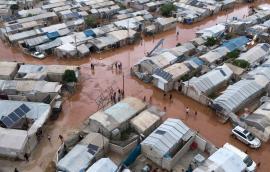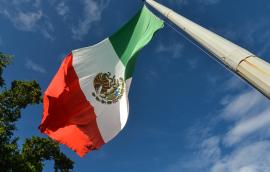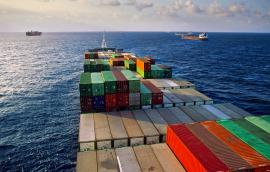Election 2024: Policy Playbook | Center for Energy Studies | Latin American Energy | Latin America Initiative | Policy Brief
Latin America’s Hydrocarbon Production Is Key to Global Energy Security Geopolitical risks in Russia/Ukraine and Middle East have increased the importance of Latin America’s hydrocarbon reserves and its contribution to global energy security. Growth in the region’s oil production and its prospects for increased global natural gas exports both underscore the need for U.S. and the region governments’ policies that favor the development of Latin America’s hydrocarbons potential as well as significant investments in its decarbonization efforts, writes fellow Francisco J. Monaldi.
Francisco J. Monaldi October 29, 2024









